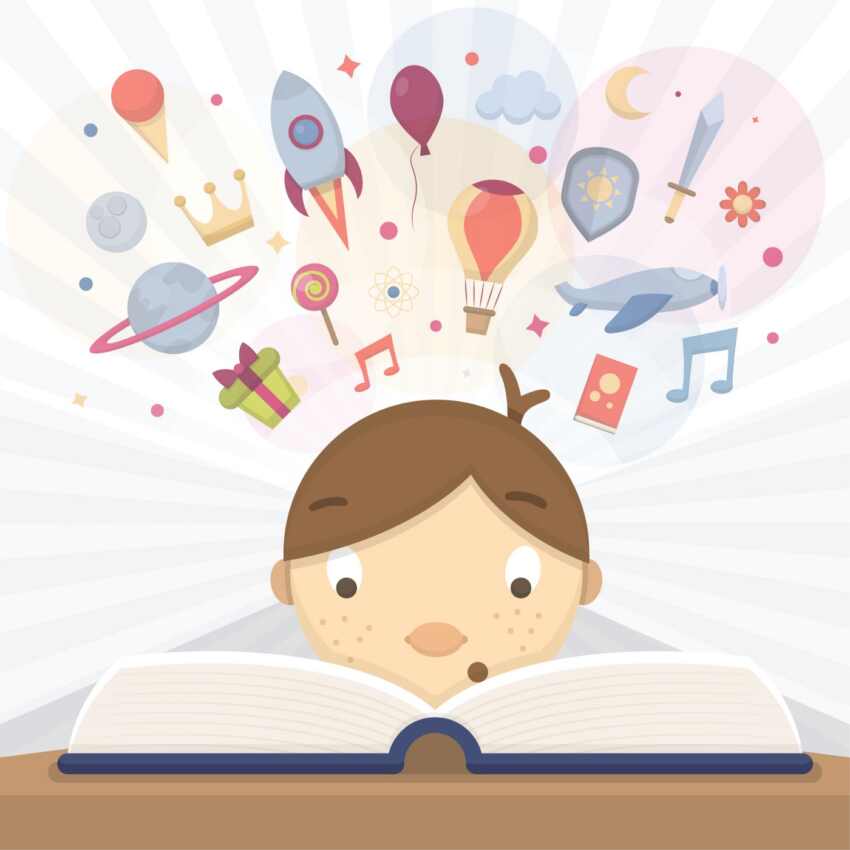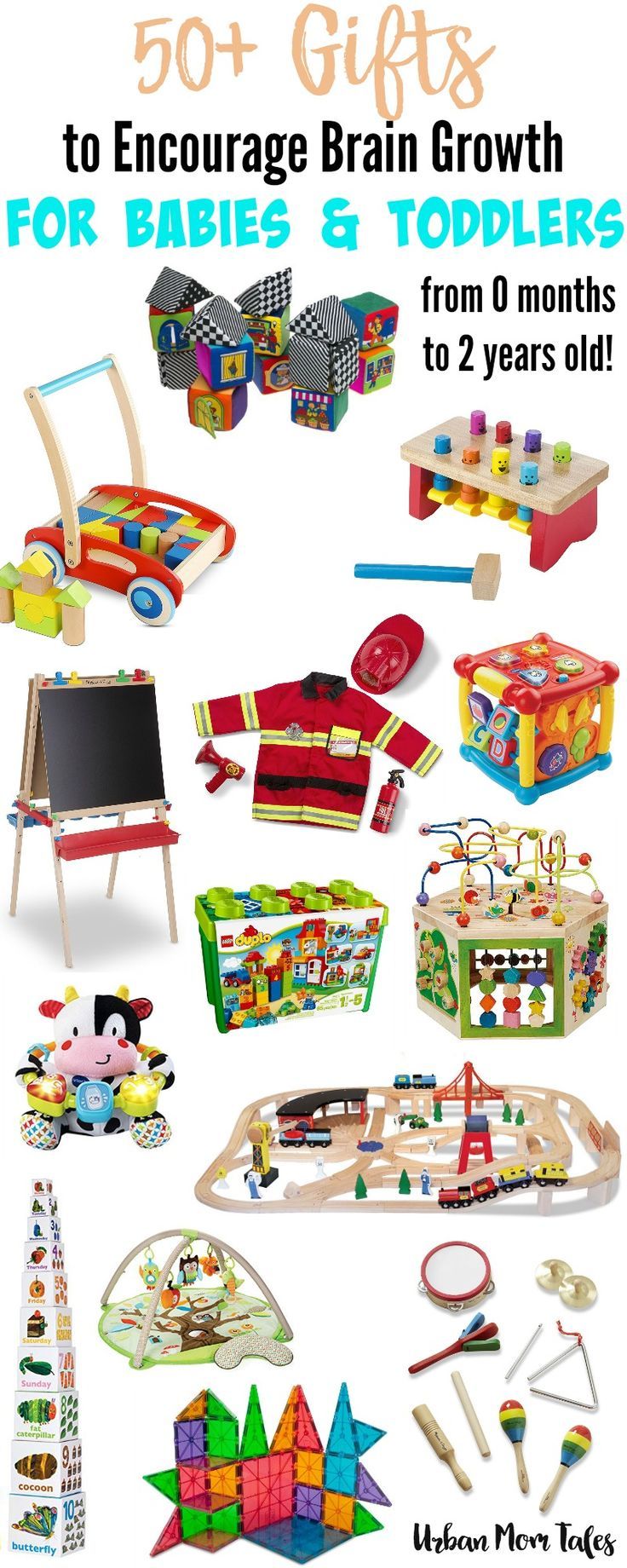What Is Emotional Child Abuse?
Emotional abuse, which is sometimes called psychological abuse, is a pattern of behavior that damages a child’s sense of self worth and negatively impacts their emotional development.1 In addition to withholding love and support, the person emotionally abusing the child also may reject, criticize, threaten, demean, and berate the child. They also may humiliate the child, engage in name-calling, and insult them.
Emotional abuse can occur in conjunction with physical abuse, sexual abuse, or neglect and is one the hardest forms of abuse to recognize.1 Often it is subtle and insidious slowly chipping away at the child’s self-esteem.
Like other forms of abuse, emotional child abuse is about power and control. The perpetrator manipulates and controls the child by using words and actions that are emotionally hurtful and damaging.
Signs of Emotional Child Abuse
Although an emotionally abused child might not end up in the hospital with a broken bone or a concussion, the effects of emotional abuse can be damaging and long-lasting. In 2017, 2.3% of children in the United States experienced psychological or emotional maltreatment according to a report prepared by the Administration on Children, Youth, and Families.2
This estimate is likely low because emotional abuse can be harder to detect than other forms of child abuse and typically takes place in the confines of a child’s home. There might not be any obvious, outward signs that abuse is taking place. Sometimes, a child’s behavior is the only thing that indicates that there are problems at home.
Inappropriate behavior, such as acting very immature or a little bit too mature for their age, can be a sign of abuse, as can dramatic behavioral changes. For example, a child who used to be slightly aloof and did not seek attention might all of a sudden become clingy to non-abusive adults or compulsively seek affection from them.
Identifying Emotional Abuse
A child who is being emotionally abused may demonstrate behaviors that can be signs of abuse, including:
- Anxiety
- Attempts to avoid certain situations (such as going to an activity or another person’s house)
- Declining performance at school
- Delayed emotional development
- Depression
- Desire to hurt themselves or other people on purpose
- Desperately seeks affection from other adults
- Developmental regression (for example bedwetting or soiling after previously mastering bladder and bowel control)
- Frequent complaints of headaches, stomachaches, or other somatic symptoms with no known cause
- Loss of interest in social activities or other interests
- Low self-esteem
You might assume that a child being abused in any way wouldn’t be attached to the adult caregiver who is abusing them—but this is not always the case. Children often remain loyal to the parent or caregiver who is abusing them because they are afraid of what will happen if they disclose the abuse.
An emotionally abused child also might think that being called names or denied affection is a normal way of life. They might not tell anyone about the abuse because they believe their experiences represent “normal” family behavior.
Traits of Perpetrators
There are also signs in adult caregivers that might indicate they are abusing a child. Belittling the child in public, openly admitting to disliking or hating the child, applying severe punishments, having unrealistic expectations, and being emotionally distant or indifferent are emotionally abusive behaviors. Meanwhile, some people who abuse children have a history of violence and aggression or have substance use disorders.
If you believe a child is being emotionally abused, don’t automatically assume that the abuse is being perpetrated by the child’s parents. While a child is more likely to be abused by a caregiver or family member, any authority figure can be abusive. For instance, a coach, a daycare worker, teacher, pastor, or even an older sibling could be abusing the child.
Types of Emotional Child Abuse
Emotional child abuse can take several forms. At one end of the spectrum are insults or belittling words or actions, while the other end can be total indifference that causes emotional deprivation. A caregiver who is emotionally abusive often uses words, but their actions also can be abusive—and sometimes, it’s a lack of action that is abusive.
When a parent or caregiver doesn’t show a child love or make them feel wanted, secure, and worthy, these actions result in emotional deprivation. People who are abusive also may withhold physical affection or loving touch—both of which are essential to a child’s emotional development.
Any adult in a child’s life can be emotionally abusive and the abuse can take many forms. Here are some examples of emotional abuse.
- A babysitter constantly screams at the kids and makes threats.
- A child is exposed to domestic violence at home.
- A grandparent refuses to interact with the children when they visit and instead watches television.
- A parent with alcohol use disorder gets angry when they drink, often yelling and screaming all night.
- A step-parent says that they wish a child didn’t exist.
- A teacher makes fun of a child in front of the class when they struggle to read aloud.
- After a divorce, a parent asks their child to lie to a judge about the other parent to ensure that they will gain full custody.
Risk Factors for Emotional Abuse
When it comes to abusive behaviors, there are a number of different risk factors that increase the likelihood that a person may engage in emotional abuse of a child. Aside from experiencing emotional abuse as a child themselves, here’s an overview of things that put people at risk for being emotionally abusive toward children:
- Having a physical or mental illness such as post traumatic stress disorder (PTSD) or depression
- Dealing with financial stress, unemployment, or poverty
- Being socially isolated or separated from extended family
- Raising a child that is developmentally or physically disabled
- Using alcohol or drugs
- Lacking parenting skills or an understanding of child development
- Experiencing a family crisis or family stress such as being victimized by domestic abuse or having marital conflicts3
- Desiring to control a child by using words or actions
- Feeling anger or resentment toward the child or childcare responsibilities
- Experiencing jealousy of the child
Keep in mind that children do not cause another person to be emotionally abusive. Engaging in emotional abuse of a child is a choice that the perpetrator makes. While these risk factors may increase the likelihood that abuse might occur, the person being emotionally abusive still has a choice and can learn to make better, less damaging choices.
Impact of Emotional Abuse
The consequences of child abuse in any form can be severe and can persist into adulthood. A child often believes that they are responsible for the abuse and that it means they are unloved, unlovable, and unwanted. Here are four of the major long-term effects of emotional abuse and deprivation.
- Attachment issues: Emotional abuse can interfere with a child’s ability to form and maintain healthy attachments. Attachment issues in early childhood have been linked to insecure attachments in adulthood. Children also might be at an increased risk for poor peer relations, trouble with intimacy, difficulty with conflict resolution, and relational aggression.
- Behavioral and social problems: Emotional abuse in childhood also has been linked to delinquency and sexually aggressive behavior in young adults.4
- Repeating the cycle of abuse: Without appropriate intervention, people who were abused as children are more likely to abuse their kids than people who did not experience abuse.5
- Suicide and mental illness: Teens who experienced emotional abuse as children are more likely to be diagnosed with at least one mental illness, such as depression or anxiety, which can persist into adulthood.6 People with a history of emotional abuse are also at an increased risk of attempting suicide.
Emotional abuse doesn’t just have a negative effect on individuals and families; it also strains society as a whole. The consequences of abuse burden the health and social care systems, and is costly because of increased educational failure, crime, and the need for mental health services.
Not everyone who has a history of emotional abuse experiences lifelong scars, though. The duration, severity, and age of onset of the abuse are influential factors. Having other supportive adults in their lives also can offset the impact.
What to Do
Mandated reporters are people who encounter children through their occupation, including child daycare providers, educators, legal and law enforcement personnel, and medical personnel. These reporters have as much of an obligation to report suspected emotional abuse as they do physical abuse, sexual abuse, or neglect.
Even if you are not a mandated reporter and you suspect that a child is being emotionally abused, report it to child protective services. A child who might be experiencing abuse needs to be evaluated by social services.
Meanwhile, if you’re a parent and think your child is being emotionally abused by someone else—such as a teacher, a pastor, or coach—take steps to intervene. You might need to enlist professional help to keep your child safe.
If you have emotionally abused your child, or if a partner is emotionally abusive, it’s important for both your mental health and your child’s that you ask for help. Working with a therapist can be beneficial for you and your family.
Treatment for Emotional Abuse
If a child is being emotionally abused, the first course of action is to ensure the child’s safety. Then, appropriate treatment can begin. The perpetrator might require treatment—especially if it’s a parent. Examples of treatment can include individual therapy, parenting classes, and social services.
Those who have experienced emotional abuse can benefit from therapy with a licensed mental health professional. Once they have processed what they went through emotionally, they can learn healthy coping mechanisms, social skills, and conflict resolution.
Coping With Emotional Abuse
Although coping with the effects of emotional abuse can take some time, there are some factors that can have a protective effect, such as having a positive relationship with another adult. For example, a nurturing parent, grandparent, or the support of a teacher or coach can buffer some of the negative effects of emotional abuse.
If you have a relationship with a child who has experienced abuse, you can help them cope by being a supportive and caring adult in their lives.
Speak into their lives by spending time with them, encouraging them, and reminding them of their value and worth. Help them see that they are not defined by the words and actions of the person abusing them. Instead, empower them to see their strengths and to set goals for the future.
SHIJINA RIJESH





